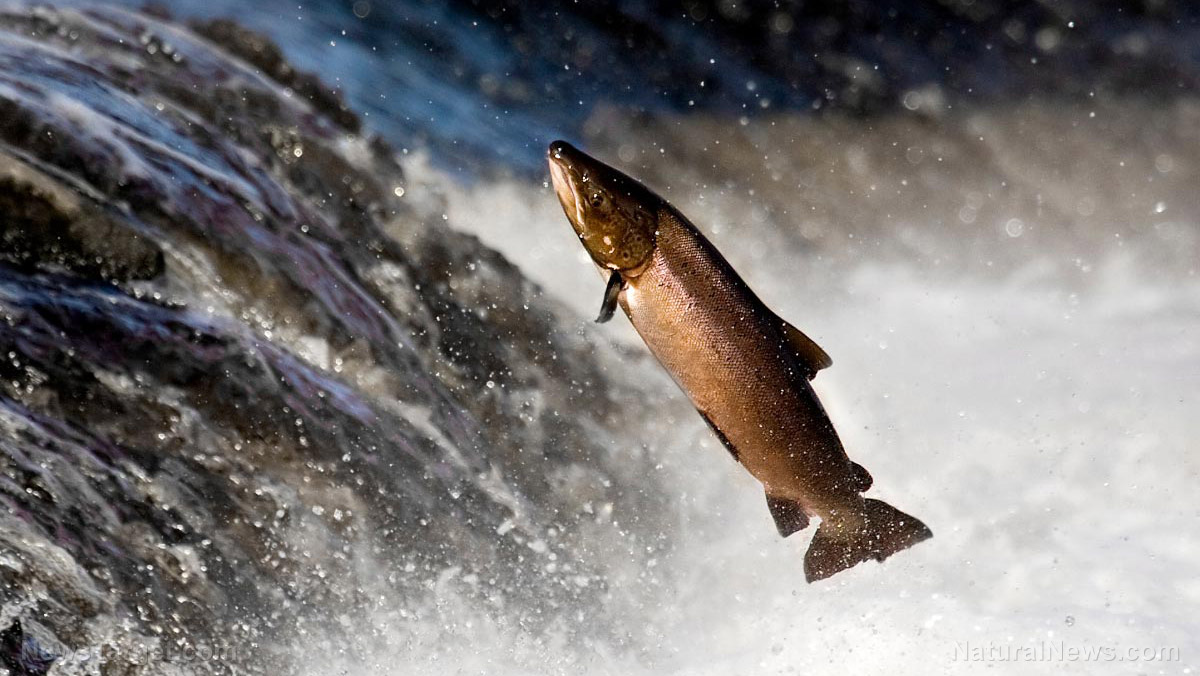 Parler
Parler Gab
Gab
The Rhine might have been Germany's last shot at surviving
A few key chokepoints on the Rhine are seeing even sharper declines in the transportation of commodities as barges are no longer able to get through them without becoming lodged or wrecking. Until water levels return to where they should be – and that may not happen before the upcoming winter season – the Rhine will become largely unusable. This is the last thing Germany needs right now in order to survive everything else it currently faces. "The level of difficulty also means that barge operators charge higher rates for cargo owners, suggesting further increased prices for consumers for oil products, grain, and other commodities shipped on the Rhine," one report explains. "Overall, the Rhine has become an even more important transit route for commodities in Germany and Switzerland since Russia invaded Ukraine in February." Had Germany taken a much different approach to Russia's "special operation" in Ukraine, all of this likely could have been avoided. The European powerhouse refused to play ball, though, and now it is paying a huge – and likely irreversible – price. "Germany seems to have lost its direction in energy policies," wrote a commenter at OilPrice.com. "It wanted to project itself as the greenest country in Europe so under pressure from the Green parties and environmental activists it decided to de-commission its nuclear and also end the use of coal-powered electricity plants at a later date." "German-led EU (European Union) followed hasty policies to accelerate energy transition at the expense of fossil fuels and decided to end long-term contracts for the supply of gas preferring to buy its needs in the spot market which is at best unreliable." This same commenter went on to explain that the short-sightedness of Germany politicians, coupled with their lust for a total green conversion, is creating the largest energy crisis for Germany and Europe at large "since the end of World War II." Mind you, there was already a problem before Vladimir Putin decided to pull the trigger on Ukraine. The invasion only amplified what was already snowballing into a death knell for Germany and the European Union – and it is only a matter of time until it culminates into a final death blow for what was once one of the most prosperous areas of the world. The latest news about the collapse of the global economy can be found at Collapse.news. Sources for this article include: NaturalNews.com OilPrice.comAmerican consumers turn to cheaper store brands as commodity prices continue to soar
By Mary Villareal // Share
Germany on the cusp of RECESSION following Nord Stream gas flow reductions
By Ramon Tomey // Share
Nuclear fusion technology attracts $2.8 billion investment over the past 12 months
By Mary Villareal // Share
Ukraine has sold $12 billion of its gold reserves since start of Russian invasion
By Arsenio Toledo // Share
Governments continue to obscure COVID-19 vaccine data amid rising concerns over excess deaths
By patricklewis // Share
Tech giant Microsoft backs EXTINCTION with its support of carbon capture programs
By ramontomeydw // Share
Germany to resume arms exports to Israel despite repeated ceasefire violations
By isabelle // Share










